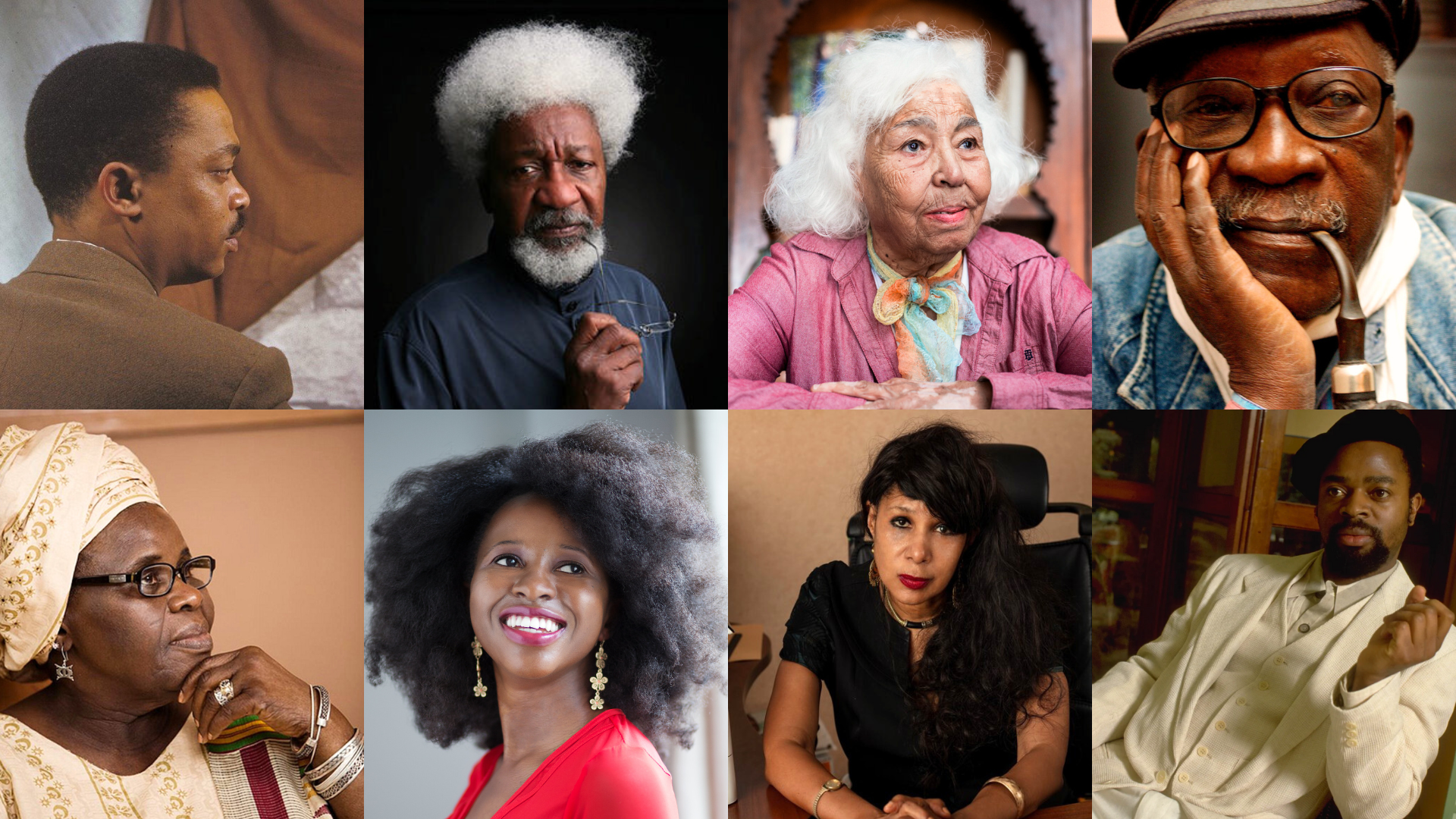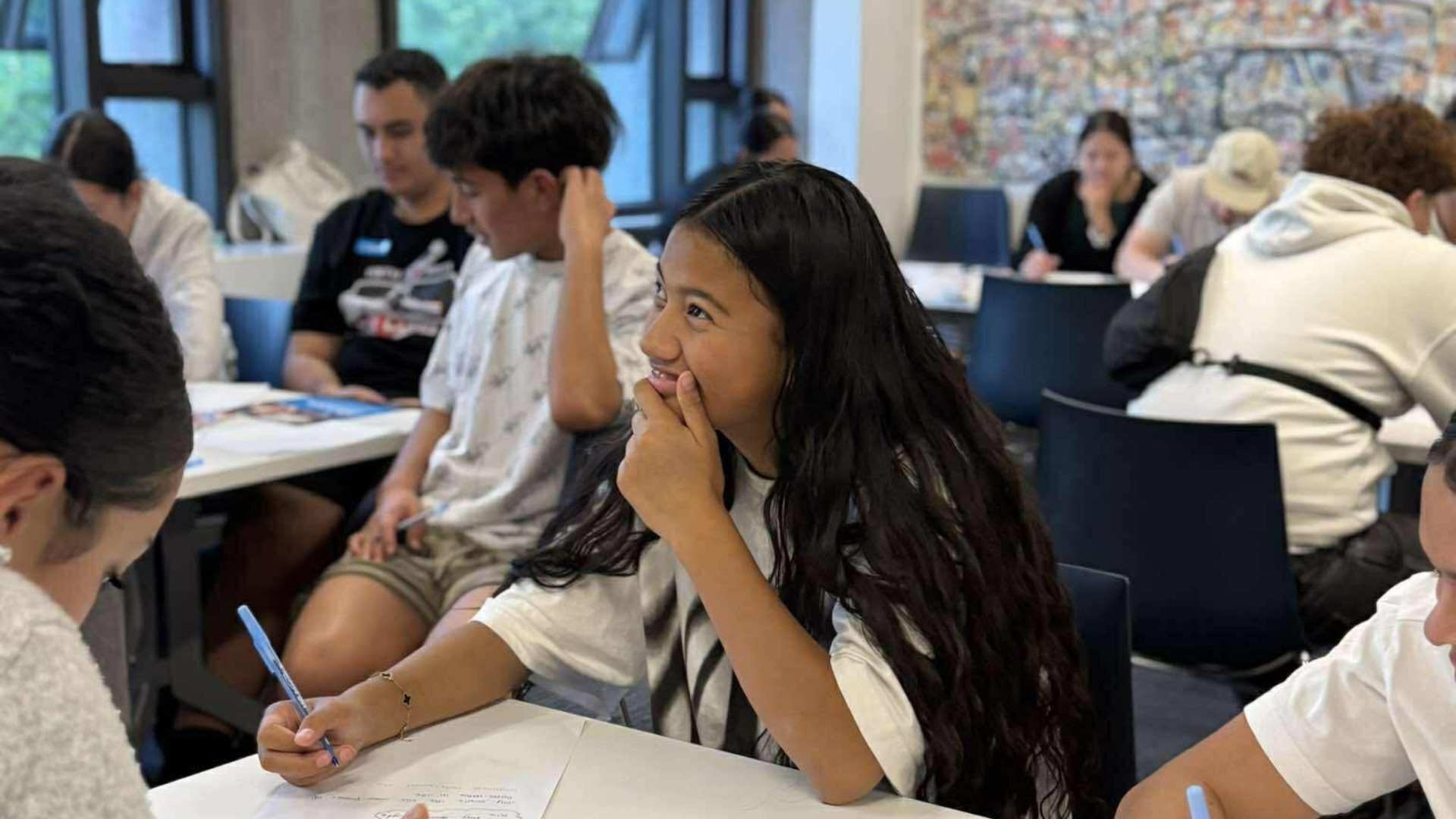

“Science and literature are not two things, but two sides of one thing.”
– Thomas Huxley
Curious about the intersections between science, literature and the environment? The Department of English Language and Literatures has a number of 2025/2026 course offerings that may pique your interest! Scroll down to read through the course descriptions and possible research questions that will be explored in class readings, lectures and assignments.
ENGL 244: Environment and Literature
- Instructor: Dr. John Culbert
- Term 1
- Schedule: Mondays, Wednesdays and Fridays, 2 pm to 3:30 pm
Course Description: Climate change impels us to rethink our relationship with the natural environment. An important challenge we confront in our changing climate has to do with the sheer scale of its impacts, which are likely to unfold over thousands of years. On one hand, this implies a reckoning with climate’s human causes, in other words, its roots in history. On the other hand, the environmental effects of our history prompt us to think on quite different scales of temporality, such as that of geological time.
To address these and other topics, our readings in this course will focus on the portrayal of natural landscapes in literature and culture. Some questions we will pursue:
- What do these depictions of landscape tell us about the way the environment is valued or devalued?
- What assumptions about nature do they convey?
- How can we understand these depictions of nature as historically constructed, in other words, as products of their own specific time?
- What alternative visions of nature do these texts provide for us, and how might they help us live, think and act differently?
ENGL 338: Literature and Science
- Instructor: Dr. Aren Roukema
- Topic: Evolution and Culture
- Term 2
- Schedule: Mondays, Wednesdays and Fridays, 11 am to 12 pm
Course Description: Evolutionary theory has transformed the stories we tell about ourselves and the way we tell those stories. This course will examine how literature and science have combined to redefine the human and alter perceptions of the natural world since the mid-nineteenth-century Darwinian revolution. Some questions we will pursue:
- How do evolutionary concepts, sometimes outdated, continue to drive literary themes and tropes of accelerated human advancement?
- How do these imagined (post-)human futures participate in constructing race, gender, sexuality, and ability?
- How has evolutionary theory defined literary devices like plot and metaphor?
- Do literature and culture have a role to play in human biological, psychological, and social adaptation?
- How can fiction uniquely critique or advocate techno-scientific advancement? Propose radical hypotheses? Project the ramifications of scientific discovery for self, species, and environment?
Our approaches to such questions will help think about the relationship between literature and science more broadly. We will ask how these two areas of knowledge and communication came to be perceived as starkly contrasting, but also examine the many ways in which science relies on literary devices and literature provides a space for science. We will engage with a variety of texts from the mid-nineteenth century to the present, including works by Charles Darwin, Charlotte Perkins Gilman, H.G. Wells, Kurt Vonnegut, and Octavia Butler.


